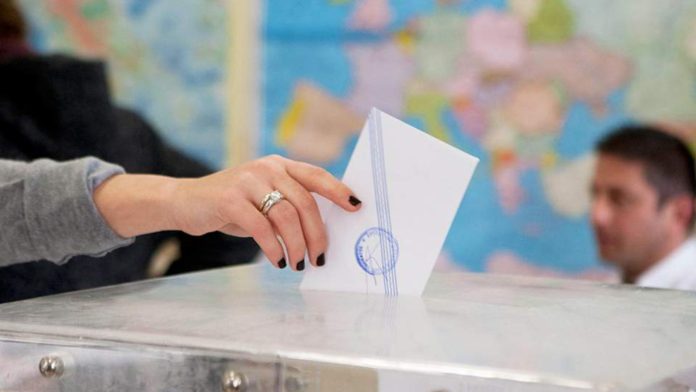On May 21 this year Greeks are heading to the polls for general elections. How will the elections work? We have all the facts and figures.
Electoral system:
The elections will be held using a system of simple proportional representation voted for in 2016, with parties that get at least 3 percent of the vote sharing 285 parliamentary seats according to their share of the vote. Twelve of the remaining seats will be divided among the state deputies elected by each party, while the last three will be filled by the candidates elected by Greeks voting abroad.
If none of the parties is able to form a government following the May 21 elections, Greece will have a second general election on July 2 using a system of enhanced proportional representation that was voted on in 2020. Under this system, the first party will get a 20-seat bonus if it receives more than 25 precent of the vote and this bonus will rise in step with the party’s percentage of the vote, reaching a maximum of 50 bonus seats for parties that get 40 percent.
There are currently 9,810,040 registered voters (4,760,042 men and 5,049,998 women), including 438,595 young people aged 17 to 21 who can vote for the first time.

Greeks Abroad:
These will be the first elections in which Greeks living abroad can exercise their right to vote from their place of residence, provided they meet the criteria set out in the relevant legislation.
The 22,816 expatriates whose applications to vote abroad were approved will vote on May 20, in 99 polling stations set up in 35 countries. These include Australia (Melbourne and Sydney).
Roughly 96 percent of the voters abroad will be able to vote in their country of residence while the remaining 4 percent will need to travel to a nearby country as the required number of 50 voters needed for a polling station was not met.
Source: AMNA.gr.


